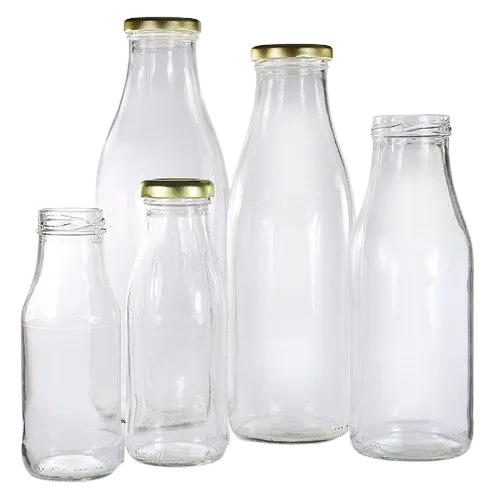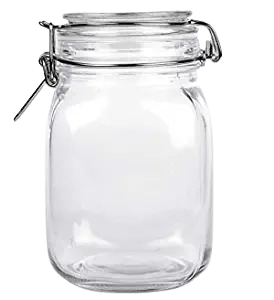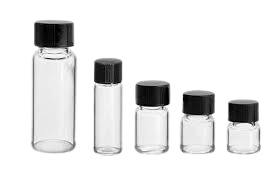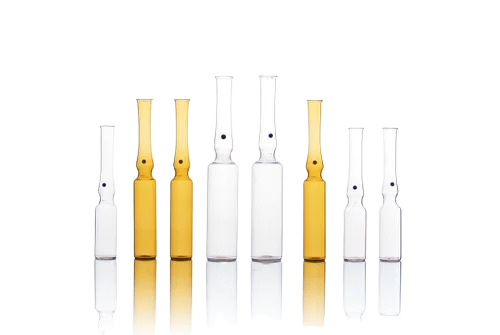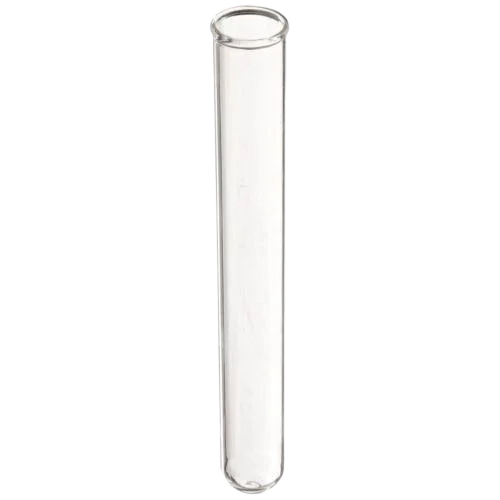Glassine envelopes
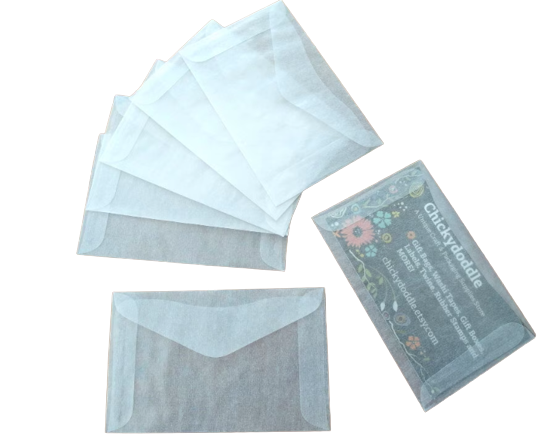
Glassine envelopes
Glassine envelopes are translucent, thin, and glossy envelopes made from glassine paper. They provide moisture resistance and are commonly used for storing and protecting small items like stamps, seeds, or collectibles.
 Carbon Footprint: 200 gm per envelope*
Carbon Footprint: 200 gm per envelope*
 Time to decompose : only broken to pieces
Time to decompose : only broken to pieces
 Recyclability : endless times
Recyclability : endless times
 Price Range : $ 0.10 to 0.50*
Price Range : $ 0.10 to 0.50*
Key features
| Features | Description |
|---|---|
| Material | Glassine |
| Type | Envelopes |
| Translucency | Semi-transparent |
| Thinness | Thin and lightweight |
| Glossy Surface | Smooth and glossy texture |
| Moisture Resistance | Provides protection against moisture |
| Size Options | Available in various sizes |
| Closure Method | Fold-over flaps or adhesive closures |
| Customization | Can be customized with printing or labeling |
| Acid-Free | Suitable for preserving sensitive items |
| Industry Use | Philately, jewelry, crafts, collectibles |
Specification
- Material : Glassine
- Type : Envelopes
- Translucency : Semi-transparent
- Thinness : Thin and lightweight
- Glossy Surface : Smooth and glossy texture
- Moisture Resistance : Provides protection against moisture
- Size Options : Available in various sizes
- Closure Method : Fold-over flaps or adhesive closures
- Customization : Can be customized with printing or labeling
- Acid-Free : Suitable for preserving sensitive items
- Industry Use : Philately, jewelry, crafts, collectibles
Related Products
FAQ's
- Q1: What are glassine envelopes?
- A1: Glassine envelopes are small, thin, and translucent envelopes made from glassine paper, providing a smooth and glossy surface.
- Q2: What are glassine envelopes used for?
- A2: Glassine envelopes are commonly used for storing and protecting small items such as stamps, seeds, jewelry, or delicate collectibles.
- Q3: Are glassine envelopes moisture-resistant?
- A3: Yes, glassine envelopes have inherent moisture resistance, providing a protective barrier against moisture and keeping the contents dry.
- Q4: Can glassine envelopes be recycled?
- A4: Glassine envelopes are typically made from renewable and biodegradable materials, making them recyclable and environmentally friendly.
- Q5: Are glassine envelopes acid-free?
- A5: Glassine envelopes are usually acid-free, making them suitable for storing and preserving sensitive items such as stamps or photographs.
- Q6: Can glassine envelopes be customized?
- A6: Yes, glassine envelopes can be customized with printing, branding, or labeling options to suit specific packaging and promotional needs.
- Q7: Are glassine envelopes suitable for food packaging?
- A7: Glassine envelopes are typically not recommended for direct food contact due to their low grease and moisture resistance.
- Q8: What closure methods are used for glassine envelopes?
- A8: Glassine envelopes can be closed using fold-over flaps or adhesive closures to secure the contents.
- Q9: Are glassine envelopes suitable for archival purposes?
- A9: Glassine envelopes are often used for archival purposes due to their acid-free properties and ability to protect delicate items from environmental damage.
- Q10: What industries use glassine envelopes?
- A10: Glassine envelopes are commonly used in philately, jewelry, crafts, stationery, and small collectibles industries.


